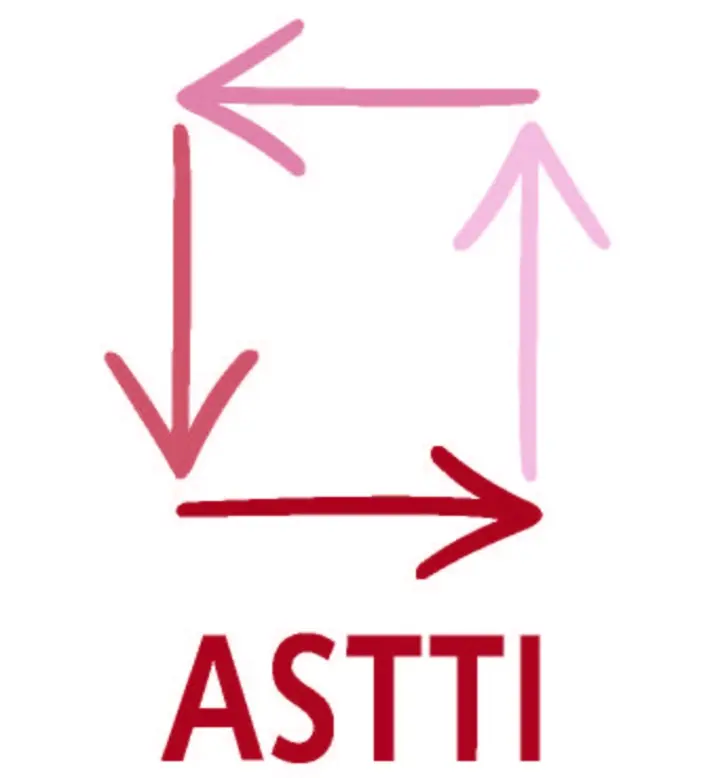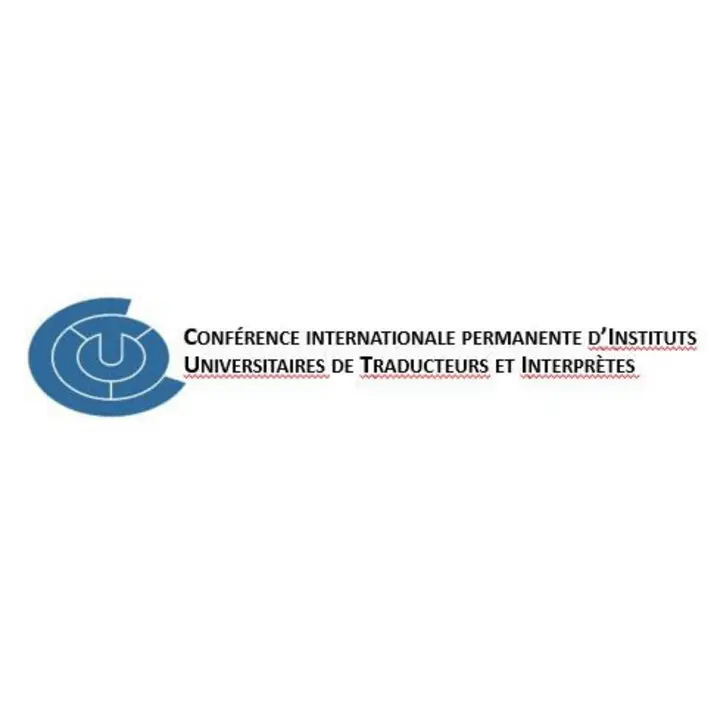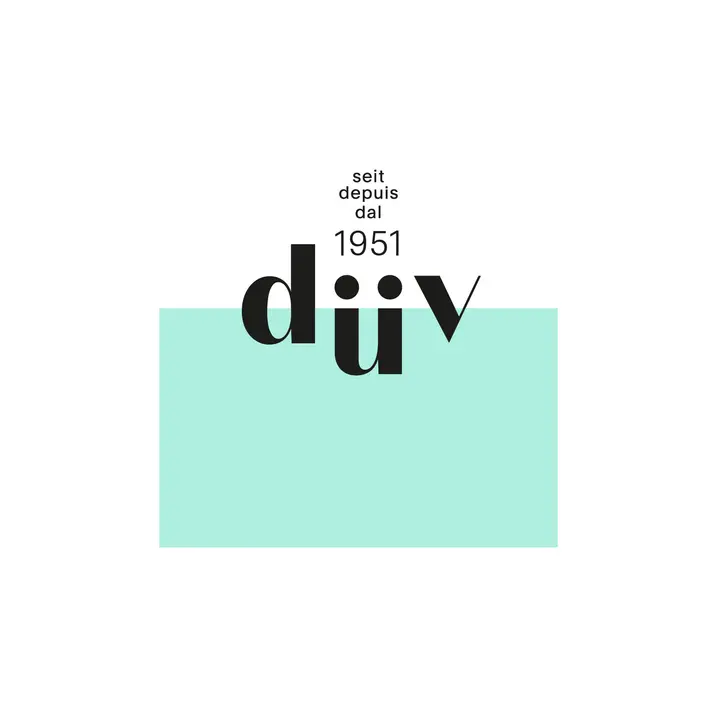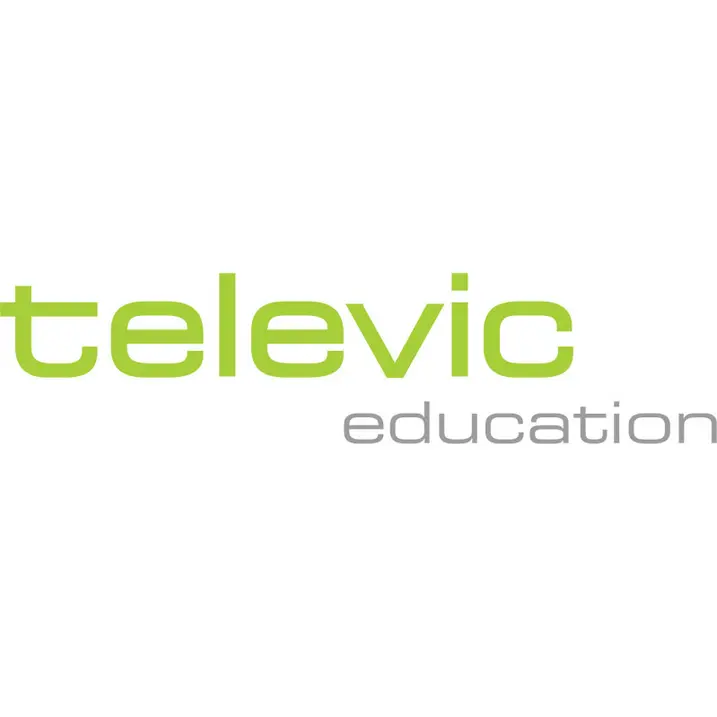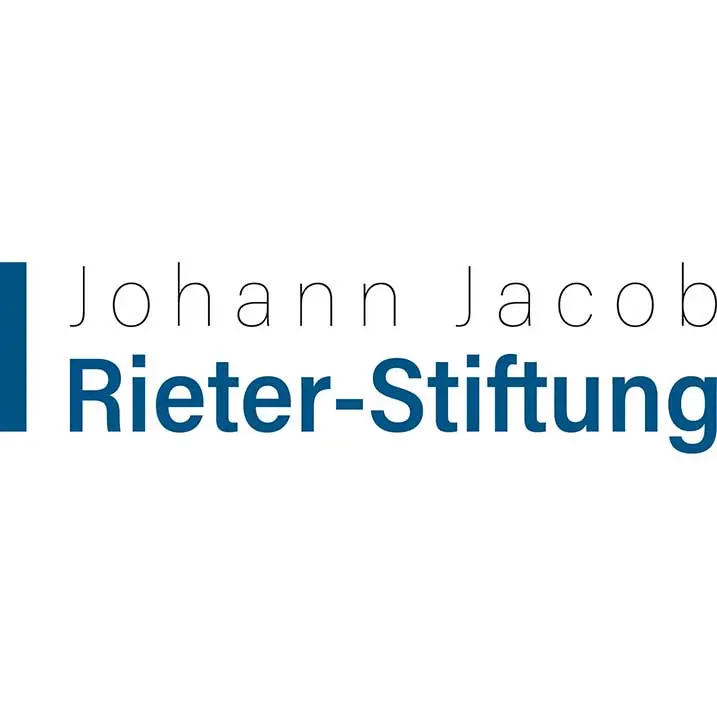The Łódź-ZHAW Duo Colloquium on Translation and Meaning

2nd session: ZHAW, Winterthur, Switzerland, 2 – 3 September 2021
The Łódź-ZHAW Duo Colloquium on Translation and Meaning is a successor to the internationally acclaimed event with the same concept, organised in Maastricht and Łódź from 1990 to 2015.
The ZHAW session takes place online from 2 to 3 September 2021 and approaches applied aspects of the theme Contextuality in Translation and Interpreting. The session also held online in Łódź from 3 to 5 December 2020 focused on theoretical aspects (see http://www.duo.uni.lodz.pl/).
Book of abstracts
Dates, fee and registration
Important dates
- 21 May 2021: deadline for submission of abstracts
- mid-June 2021: notification of acceptance of abstracts
- 30 June 2021: deadline for registration for all presenters
- 15 July 2021: publication of programme (preliminary version)
- 23 August 2021: deadline for registration for all non-presenting participants
- 2 – 3 September 2021: ZHAW session of the Duo Colloquium (online)
Conference fee (online)
As the ZHAW session will now be held online, registration is free of charge for all attendees.
Registration
Presenters have to register by 30 June 2021 in order to ensure their place on the programme. All other participants have to register by 23 August 2021.
Keynote speakers
Piotr Cap, University of Łódź
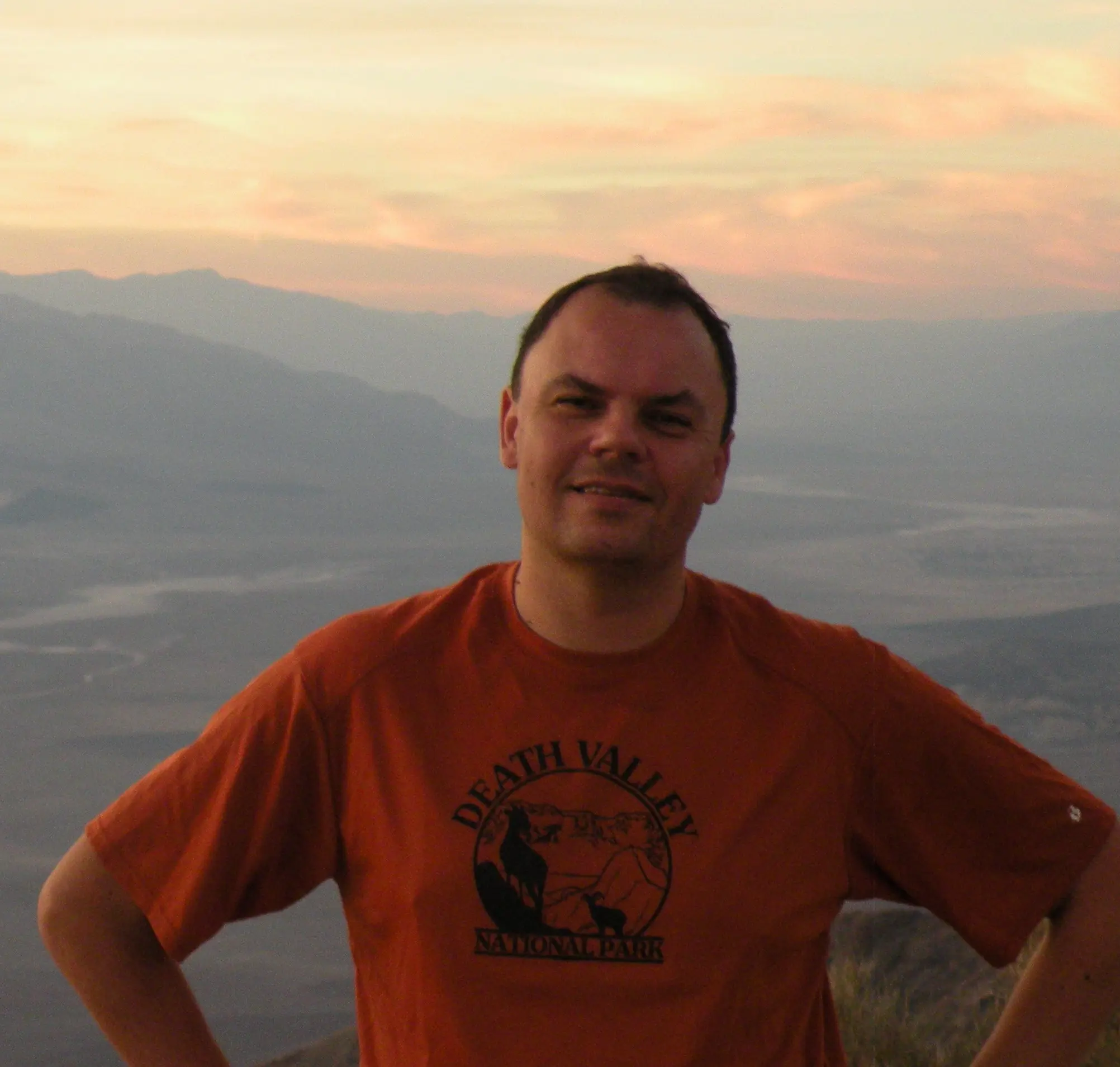
Issues in cross-cultural translation of linguistic research: Translating discourse space models into Persian as a case in point
Translated works of academic research are commonly believed to be examples of translator’s faithfulness and attachment to literality of the source text. In my talk, I argue that this belief does not always survive the test of cross-cultural translations, from English into languages other than those of the Western geographical and scholarly space. Focusing on published (by IranLogos) translations of English-language research in linguistics into Persian, I discuss the most frequent problems and their possible reasons. Specifically, I explore some problematic issues emerging from recent translations of the work on discourse space models within the rapidly expanding school of Critical Discourse Studies (CDS). The analysis shows that the translators – Persian linguists – often interpret the source texts in accordance with culturally motivated pre-conceptions underlying their own original research. As a result, a whole new meaning is given to many core ideas in discourse space studies, such as the Self-Other positioning of entities or proximization. For the reader, this seriously affects the overall understanding of CDS, because its main mission to demystify the negatively charged coercive operations is much less elucidated.
Piotr Cap is professor of linguistics and head of the Department of Pragmatics at the University of Łódź, Poland. His interests are in pragmatics, critical discourse studies and political linguistics. His books include “Proximization: The Pragmatics of Symbolic Distance Crossing” (Benjamins, 2013) and “The Language of Fear: Communicating Threat in Public Discourse” (Palgrave, 2017). He is managing editor of the “International Review of Pragmatics” and a regular contributor to journals in the field, such as the “Journal of Pragmatics, Discourse & Society” and “Critical Discourse Studies”.
Alison Graves, European Parliament
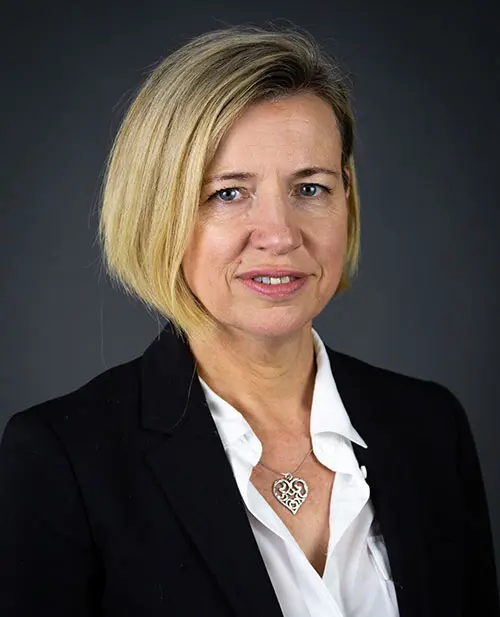
Shaping the future – new contexts for language professionals in the European Parliament (Alison Graves & Mads Nyegaard Outzen)
In our talk we will focus on the changes in the linguistic services of the European Parliament. Over the last few years, the context we work in has changed in different ways, from the impact of technology, political and institutional challenges to the consequences of the covid-19 pandemic. Translators' job profiles have changed, interpreters are working in different ways and new roles are emerging. We will discuss these developments and the impact they are having on our institution, its work and on the language professionals themselves.
Alison Graves is Director for Interpretation in the European Parliament’s Directorate General for Logistics and Interpretation for Conferences. Her career in the language services of the EP spans 3 decades, with 20 years on the front line as a conference interpreter in the English booth and a constant involvement in training and cooperation with universities. Her management roles include projects on interpreter training, initiatives to bridge the gap between academic and professional life for graduates, professional accreditation testing and outreach and the diversification of the role of translators in the EP.
Sharon O’Brien, Dublin City University
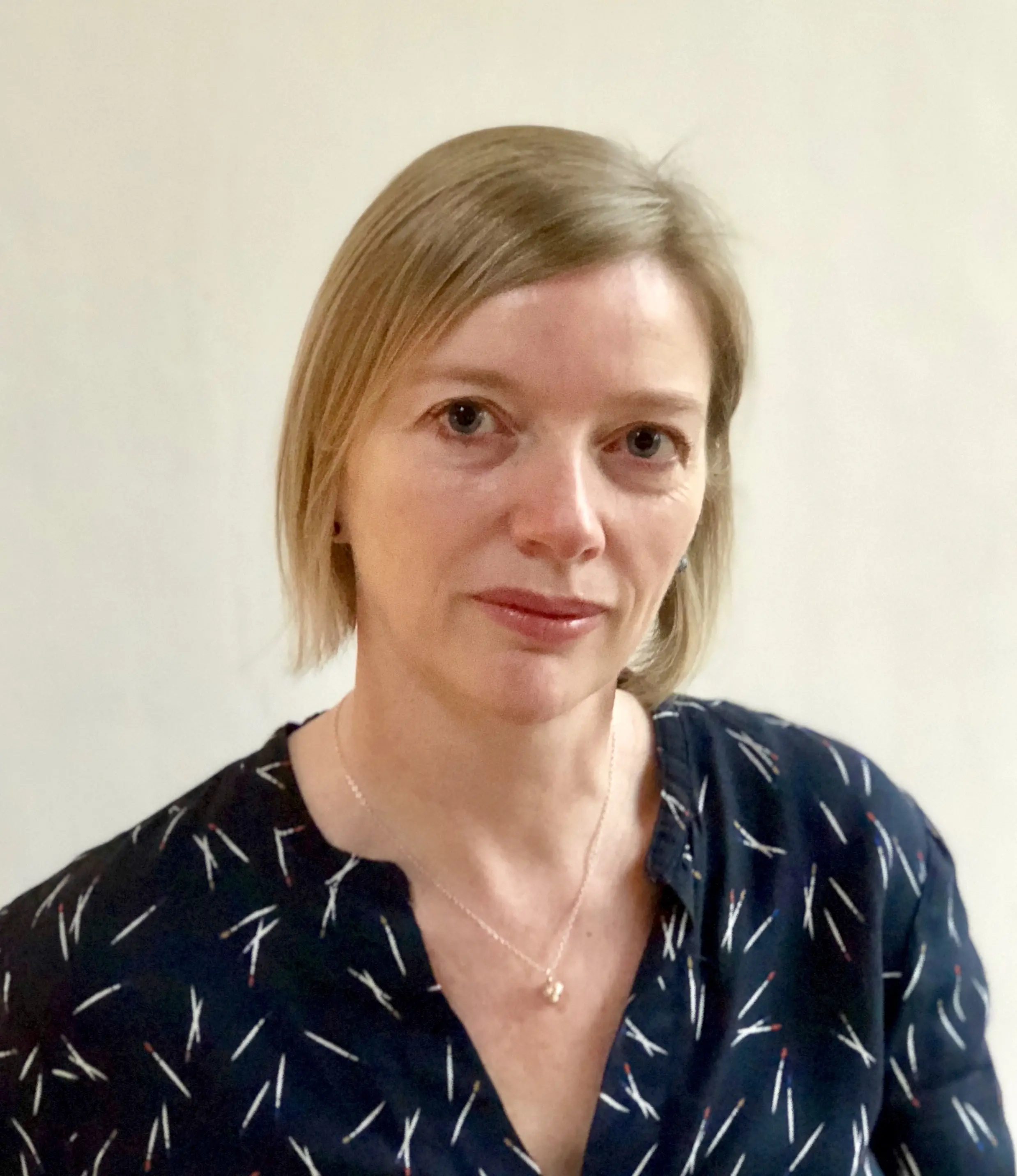
Translation as a risk reduction and resilience building tool in crisis contexts
When we think about crises, or large-scale disasters, we often envision sudden-onset, large-scale, highly disruptive events such as an earthquake or a tsunami. We understand that timely and accurate communication is of crucial importance in the hours and days after such events. Increasingly, disaster responders also understand that translation (including interpreting) plays a very important role in the immediate response phase. The field of disaster management, however, recognises that there are four stages in the disaster cycle (Prevention, Preparedness, Response and Recovery). More and more in the field of disaster risk reduction and management, the focus is on the ‘prevention' and ‘preparedness' stages, which clearly present different communication contexts compared with the ‘response' stage. What is the role of translation, then, in the broader context of disaster management? How well recognised is translation in stages other than ‘response’? This talk will focus on the potential for translation as a risk reduction and resilience building tool for crisis contexts.
Sharon O’Brien is Professor of Translation Studies at the School of Applied Language and Intercultural Studies in Dublin City University. She is co-ordinator of the H2020-funded International Network in Crisis Translation and a funded investigator in Science Foundation Ireland’s ADAPT Research Centre and Centre for Research Training in Digitally-Enhanced Reality (D-Real).
Mads Nyegaard Outzen, European Parliament
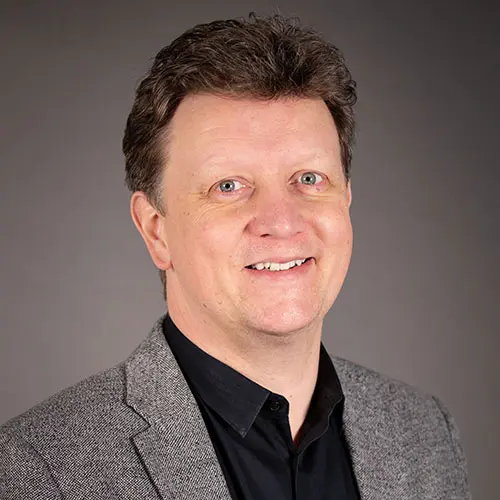
Shaping the future – new contexts for language professionals in the European Parliament (Alison Graves & Mads Nyegaard Outzen)
In our talk we will focus on the changes in the linguistic services of the European Parliament. Over the last few years, the context we work in has changed in different ways, from the impact of technology, political and institutional challenges to the consequences of the covid-19 pandemic. Translators' job profiles have changed, interpreters are working in different ways and new roles are emerging. We will discuss these developments and the impact they are having on our institution, its work and on the language professionals themselves.
Mads Nyegaard Outzen is Head of Strategy and Innovation in the European Parliament's Directorate General for Translation. He has worked in translation since 1998. He has been part of the Parliament's evolving translation services since 2006, working as a staff translator, in various advisory capacities and in his current managerial role. He is involved in a variety of projects that have addressed, among other things, new profiles for language professionals, the impact of technology, recruitment challenges, the accreditation of freelancers, new ways of working and, most recently, the need for clear language.
Aline Remael, University of Antwerp
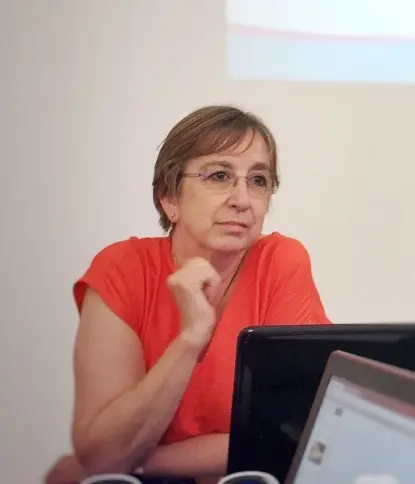
Unpacking the context of emerging practices in AVT/media accessibility (Aline Remael & Nina Reviers)
What is the impact of contexts on the quickly changing and diversifying practices of audiovisual translation and media accessibility? How do contexts, users, producers and technology interact? Which actants co-determine the outcome of these interactions and what light can the analysis of such interactions throw on recent developments in some concrete instances of the two related fields? How might the very concept of “context” be undermined? With the growing focus on universal design and on disability as a social rather than a physical or medical given, the complexity of providing interlingual, intralingual and intersensorial access to all is becoming increasingly complex. How can it be conceptualized? How encompassing can the very concept of translation be? These and related questions will be the focus of this talk.
Prof. Em. Aline Remael was Department Chair and Professor of Translation Theory, Interpreting and Audiovisual Translation at the Department of Applied Linguistics/Translation and Interpreting at the University of Antwerp, Belgium, until 2019. She is a founding member of OPEN, the faculty’s Expertise Centre for Accessible Media and Culture. Her main research interests and publications are in AVT/media accessibility, including audio description (AD), live subtitling with speech recognition and translation theory. In 2018, she received the ESIST Jan Ivarsson Award for invaluable services to the field of audiovisual translation.
Nina Reviers, University of Antwerp

Unpacking the context of emerging practices in AVT/media accessibility (Aline Remael & Nina Reviers)
What is the impact of contexts on the quickly changing and diversifying practices of audiovisual translation and media accessibility? How do contexts, users, producers and technology interact? Which actants co-determine the outcome of these interactions and what light can the analysis of such interactions throw on recent developments in some concrete instances of the two related fields? How might the very concept of “context” be undermined? With the growing focus on universal design and on disability as a social rather than a physical or medical given, the complexity of providing interlingual, intralingual and intersensorial access to all is becoming increasingly complex. How can it be conceptualized? How encompassing can the very concept of translation be? These and related questions will be the focus of this talk.
Nina Reviers (University of Antwerp) holds a PhD in Translation Studies from the University of Antwerp in the field of Audio Description, for which she was awarded the EST Young Scholar Prize in 2019. She is currently a tenure-track lecturer in Audiovisual Translation and Media Accessibility at the Department of Applied Linguistics, Translators and Interpreters. She is currently supervising projects on machine translation for AD and accessible crisis communication in a pandemic context. Her research interests include: linguistic and multimodal aspects of audio description, computer-aided translation of audio description and (integrated) access for the (scenic) arts. As manager of the OPEN Expertise Centre for Accessible Media and Culture, Nina fosters a close collaboration with stakeholders as a key factor in her research and teaching activities. Nina is an Editorial Board Member of the Journal of Audiovisual Translation and steering committee member of the Languages and Media conference series.
Call for papers
The ZHAW session of the Łódź-ZHAW Duo Colloquium has an applied orientation to this year's central theme Contextuality in Translation and Interpreting. For full details, see the calls for papers in English and German (links below).
Participants who would like to give a paper should upload their abstracts in pdf format by using the Submit button. Please note that the deadline for the submission of abstracts has now passed. No further submissions can be accepted.
The full submission must contain:
- the title of the paper
- the name(s) of the author(s)
- the full name(s) and address(es) of the affiliation(s)/institute(s) of the author(s), including e-mail address
- the sub-theme(s) the abstract relates to (see list of sub-themes in the call for papers)
- a 250-300 word abstract (excluding references)
- a list of references (max. 5)
Abstracts and presentations can be in English or German. A selection of papers based on presentations given at the Duo Colloquium 2020/2021 will be published as a volume by Peter Lang.
Download Call for Papers
Advisory board
- Barbara Lewandowska-Tomaszczyk, State University of Applied Sciences in Konin, (Co-founder and Honorary chair)
- Marcel Thelen, Zuyd University of Applied Sciences (ret.), (Co-founder and Honorary chair)
- Łucja Biel, University of Warsaw
- Andrew Chesterman, University of Helsinki
- Jorge Díaz-Cintas, University College London
- Yves Gambier, University of Turku
- Maria Piotrowska, Jagiellonian University
- Juliane House, Hamburg University (ret.)
- Sonia Vandepitte, Ghent University
- Christina Schäffner, Aston University (ret.)
- Frank Austermühl, Aston University
- Aline Remael, University of Antwerp (ret.)
- Sharon O’Brien, Dublin City University
- Alexa Alfer, University of Westminster
- Vanessa Enriquez Raido, University of Auckland
- Luc van Doorslaer, University of Tartu and KU Leuven
Organising committee and contact
Organising committee
- Gary Massey (Chair)
- Michaela Albl-Mikasa
- Maureen Ehrensberger-Dow
- Marina Bösiger
- Romina Schaub-Torsello
- Alexa Lintner
- Luisa Carrer
- Katrin Andermatt
- Łukasz Bogucki (Head of the Łódź Organising Committee)
Contact
If you have any questions, please contact duocolloquium.iued@zhaw.ch.


